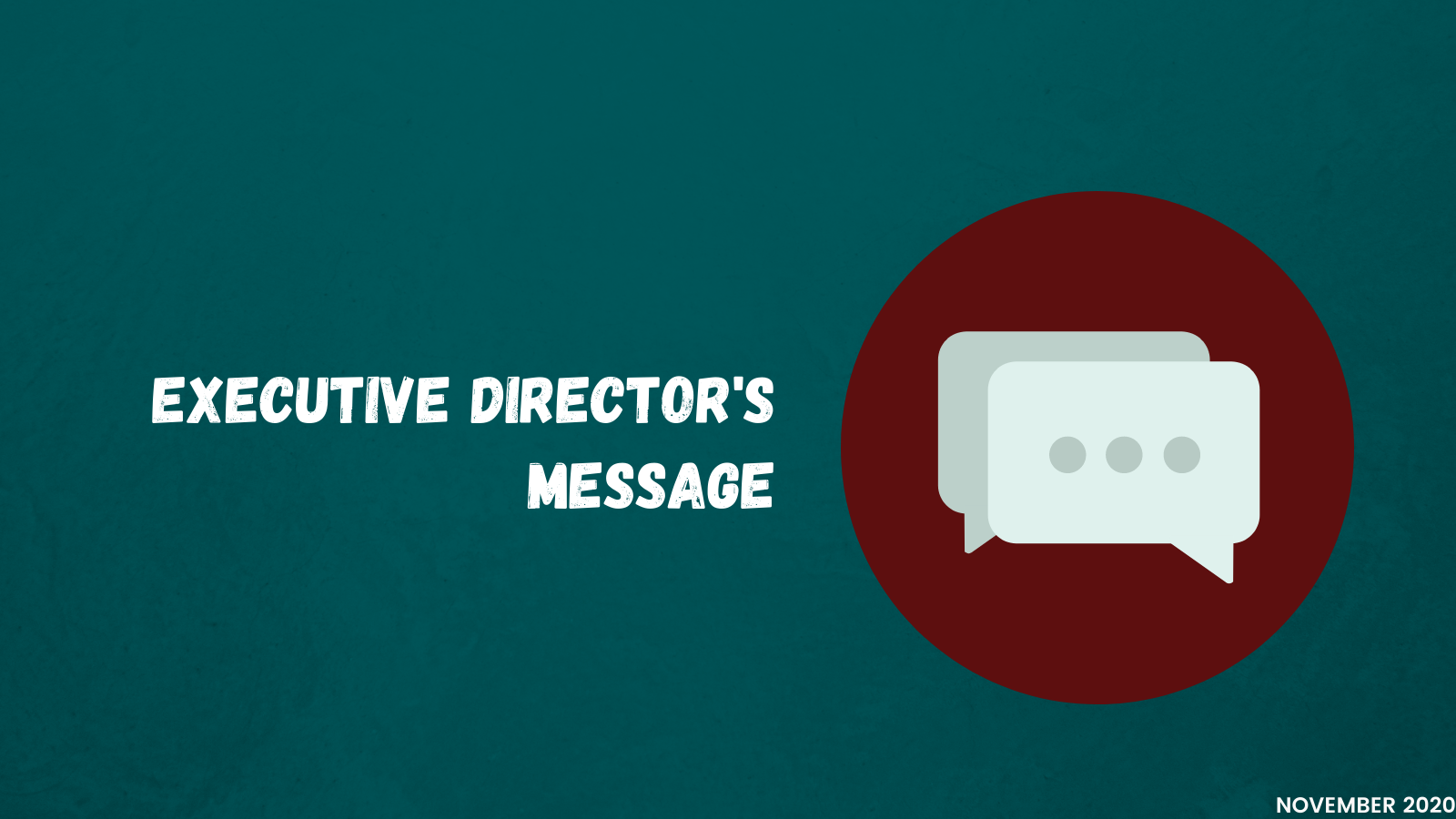‘The eagle has landed!’
With these words, Neil Armstrong announced one of the momentous events in history as he touched down on the surface of the moon. History was made, and life would never again be the same. This month, an event or perhaps, we should speak to a series of events, equally as momentous took place again on planet earth.
Months after COVID-19 had become our reality, and people had learned and gradually adapted to a new way of living, the announcement came! Pfizer had made remarkable progress in the development of a vaccine – in fact; preliminary trial data suggested it was 90% effective! Fast on the heels of that came yet another vaccine announcement, this time from Moderna with preliminary data showing 95% effectiveness and then AstraZeneca’s offering with 70% effectiveness! This was music to the ears after a really bad run of gloomy news. Wow! So, life can go back to normal?
Not so fast! First, we came to know that the Pfizer vaccine needed ultra-cold temperatures to store. This raises all sorts of logistic challenges for countries, especially those in sub-Saharan Africa. And then, we started wondering how these vaccines would be distributed – who would be prioritized? As we were grappling with this, news about advance purchase agreements that had reserved and prioritized large quantities of vaccines for high-income countries even before they hit the market, filtered in and raised additional concerns. Where will Africa be in this queue? What about COVAX? What about the key lessons we learned during the first wave of the pandemic and even now, about how interconnected and interdependent we were – that nobody was safe until everybody was safe? What about fair and equitable access – concepts we typically spout when discussing universal health coverage? Have we forgotten so soon? These are all key questions that we face today and which must be answered.
Current plans by COVAX earmarks enough vaccine doses to provide protection to an initial 20% of the African population, but this figure is significantly different from the Africa CDC’s stated need for 60% of the African population to be vaccinated to arrest further transmission and death from COVID 19. Ideally, to take the call on how much vaccine is needed and where there should be an evidence-based analysis that takes into account priority populations and available resources (including available doses of the vaccine) amongst other factors. So, what data was used to determine these needs on both sides? Which stakeholders were involved? Did the Africa CDC decision take into account the fact that the vaccine availability is limited and therefore choices and trade-offs have to be made in the initial distribution of vaccines until there is enough production to meet 100% of the world’s need? Are these trade-offs also being made in high-income countries? Will these high-income countries agree to follow due process for vaccine allocation or will this ‘degenerate’ to become a case of ‘survival of the fittest’ with vaccine allocation determined by purchasing power?
We have an opportunity to halt this novel virus which has wreaked havoc on our world. We cannot afford to waste it. Data, information and evidence, should lead the way, even if they cannot totally trump politics. WHO has provided a useful guide for priorization, and communication and negotiation skills will be needed for the political and nuanced discussions that are needed now. Soft skills will be specifically called upon to build consensus.
We will be watching these events as they unfold globally and plan to start a series of discussions to unpack these issues with our country partners. Be sure to join them!
As we round up the year 2020, we are also finalizing plans for our planned PBF webinar. We are looking forward to a riveting series of discussions early next year. So, stay tuned!
How was your month? Please drop a note and let us know how you are contributing to reforms in the strategic purchasing space.
Continue to stay safe and healthy,
Dr Nkechi Olalere
Executive Director, SPARC

November 2020 Message
